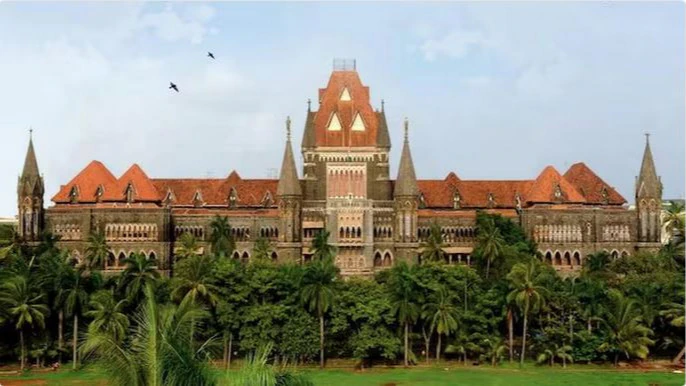‘My Son Is Gone, Now At Least Give Me His Semen’: Mother’s Heart-Wrenching Plea Reaches Bombay High Court

‘My Son Is Gone, Now At Least Give Me His Semen’: Mother's Heart-Wrenching Plea Reaches Bombay High Court
After 21-year-old cancer patient dies, mother approaches court to preserve and access his frozen semen to carry forward family lineage
In an emotionally charged and unprecedented case, a 52-year-old grieving mother has approached the Bombay High Court, seeking access to her deceased son’s frozen semen. The young man, who was just 21 years old, had died of cancer earlier this year. Prior to undergoing chemotherapy, which is known to affect fertility, he had preserved his sperm at a Mumbai-based fertility clinic.
However, after his death on February 16, the fertility center refused to hand over the frozen sample, citing that the son had signed a consent form indicating that the semen should be destroyed in the event of his death. The mother, however, has argued that her son made this decision without consulting his family, and she now wishes to use the sample through IVF to continue the family line.
The matter was brought before Justice Manish Pitale, who emphasized the critical nature of preserving the sample until the legal arguments are resolved. “If during the pendency of the petition, the frozen semen of the deceased is discarded, the whole purpose of filing the present petition would stand frustrated,” Justice Pitale stated.
Accordingly, the Bombay High Court has directed Nova IVF Fertility Center in Mumbai to safely preserve the sample until the matter is fully heard and decided. The court order ensures that the semen is not destroyed or tampered with during the legal process.
The mother, who contacted the fertility center via email on February 24 and 26, requested that the sample be preserved and transferred to an IVF center in Gujarat for potential future use. However, her request was denied without a court order, prompting her to file the petition.
Legal experts note that the case opens up complex ethical and legal questions surrounding posthumous reproduction, consent, and the rights of grieving families. Since the son died intestate, without a will, the matter of who holds legal authority over his biological materials becomes even more complicated.
As the hearing progresses, this case is likely to set an important precedent in India’s legal and medical history. For the mother, it is not just a legal battle, it’s a deeply personal attempt to preserve a part of her son and keep his memory alive through the possibility of new life.












